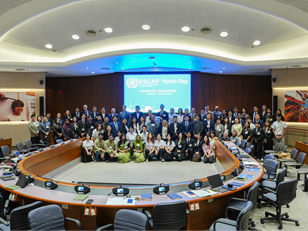
On September 2nd, as part of the United Nations Asia-Pacific Energy Week 2025 and in celebration of International Youth Day, the 2nd International Society for Energy Transition Studies (ISETS) – United Nations Economic and Social Commission for Asia and the Pacific (ESCAP) Global Competition of Youth Voice on Energy Transition 2025 Global Final was successfully held in Bangkok, Thailand.
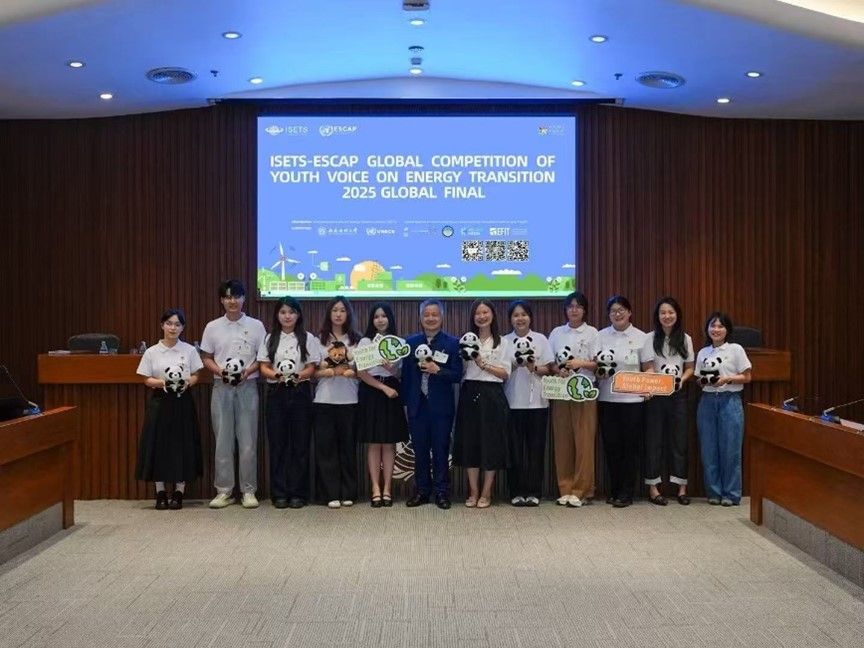
After intense competition, a student team from SWUFE’s School of Computer and Artificial Intelligence and School of Public Administration won Second Prize for their outstanding performance.
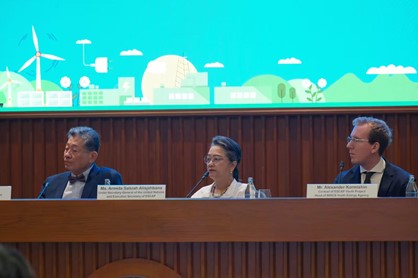
Ms. Armida Salsiah Alisjahbana, UN Under-Secretary-General and Executive Secretary of ESCAP, and Dr. Suwit Khunkitti, former Prime Minister of Thailand, attended the event and delivered remarks, highly recognizing the significance of the competition and SWUFE’s contributions to its success.
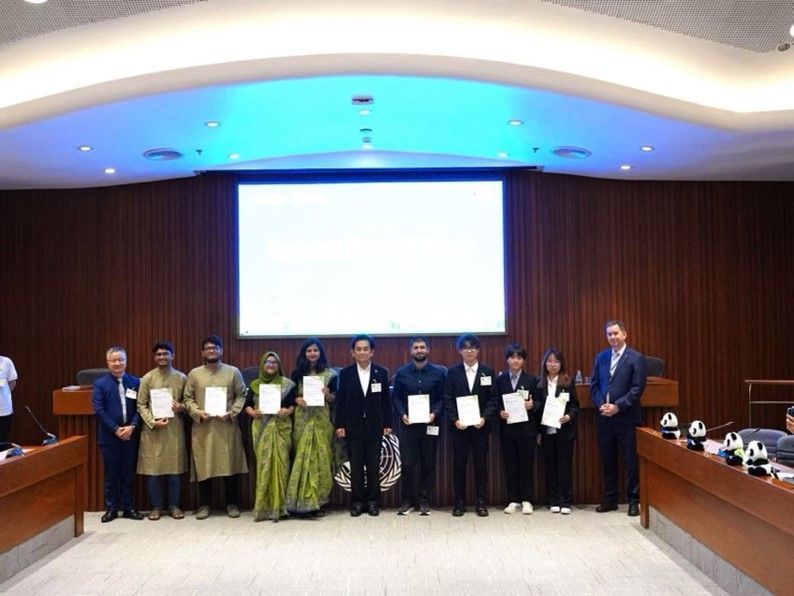
In the final, the undergraduate team (Lei Yuhao, Wang Miaomiao, and Zhang Qianya), guided by Professor Yin Shibai of the School of Computer and Artificial Intelligence, competed as the sole representative team from East Asia. With their project “Intelligent Energy Consumption Analysis via Remote Sensing Images,” they stood out against teams from seven countries including Indonesia, the Philippines, and Cameroon, and ultimately secured Second Prize—demonstrating the talent and global vision of SWUFE youth on the international stage.
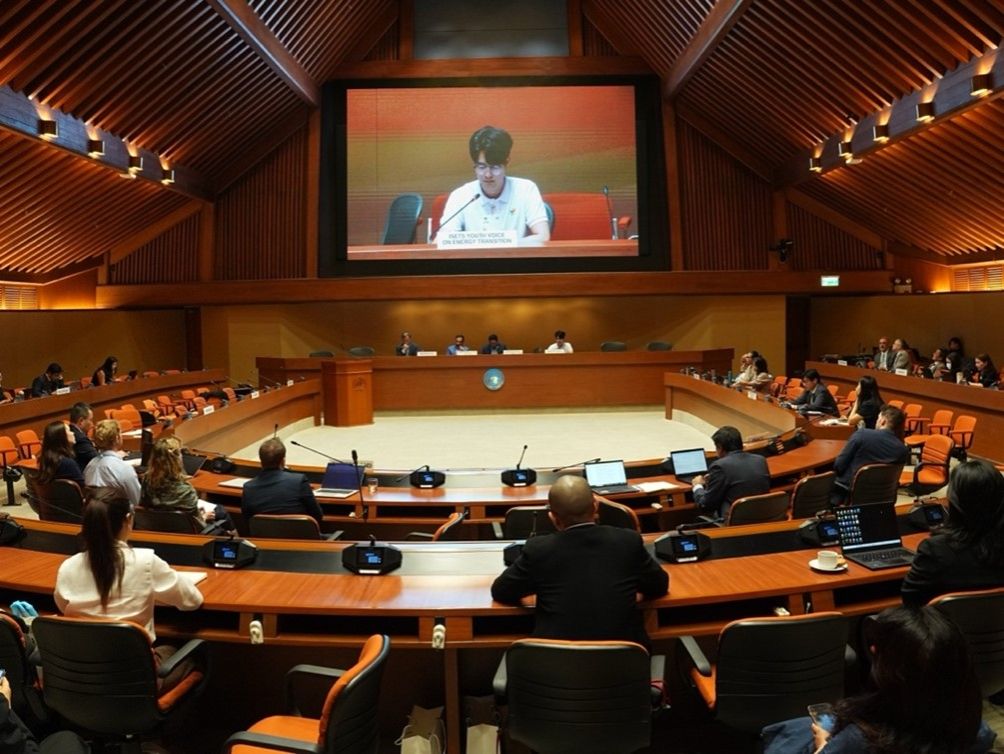
Meanwhile, Chen Xingyu, a doctoral student from the School of Public Administration and the inaugural ISETS Youth Ambassador, delivered a speech during the 6th International Day of Clean Air for Blue Skies commemorative event.
In both 2024 and 2025, SWUFE successfully hosted the Global Final of the Youth Voice on Energy Transition Competition. By leveraging international competitions to deepen global cooperation and engaging youth in global governance, the university has effectively integrated global competence cultivation with practical contributions to global energy governance—driving high-level educational openness and internationalization.
